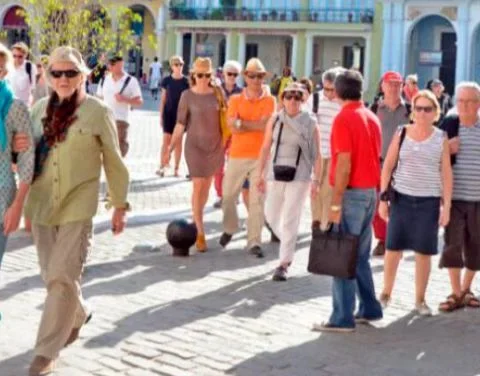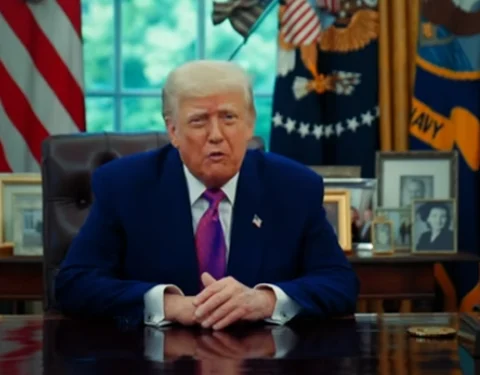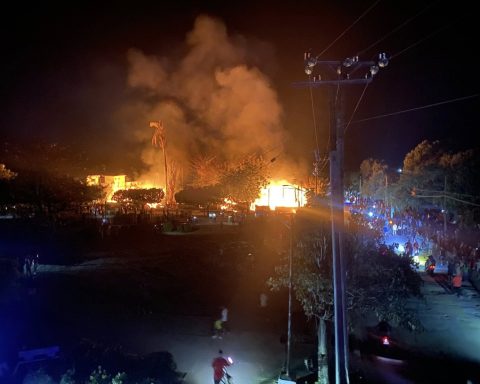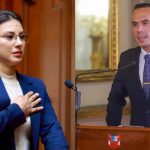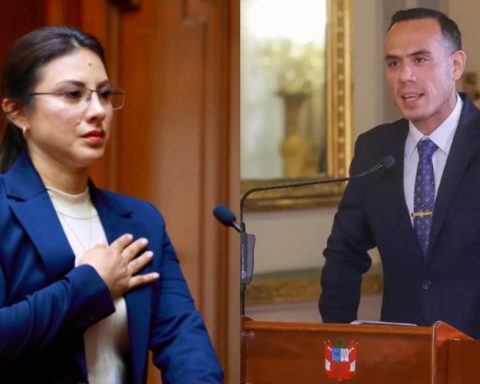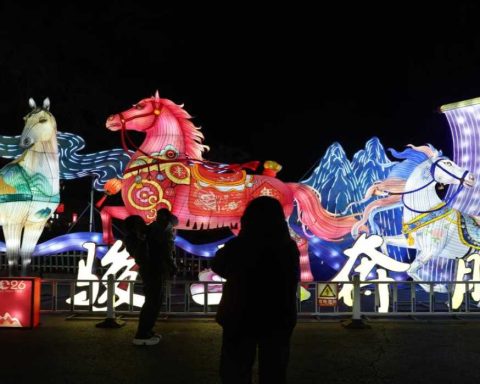MIAMI, United States. — On April 22, 1929, the Cuban writer, screenwriter and film critic was born in Gibara, Holguín Guillermo Cabrera Infanteone of the main exponents of Latin American literature of the 20th century.
Cabrera Infante studied at the University of Havana and began his literary career in the 1950s, writing for the magazine posters. Later, he became a film critic and worked at the Cuban Institute of Cinematographic Art and Industry (ICAIC).
After Fidel Castro came to power, he served as director of the National Cinematheque of Cuba, but in 1965 he resigned in protest against the censorship and cultural repression of the regime.
Disillusioned with communism, Guillermo Cabrera Infante went into exile in Europe in 1965. There he settled in London, where he lived and wrote for the rest of his life.
Cabrera Infante is well known for his novel Three sad tigerspublished in 1967, which was one of the first literary works to use colloquial Cuban language and which is considered a milestone in the literature of the so-called “Latin American boom.”
Three sad tigers It takes place one night in a Havana bar and is a chronicle of the city’s nightlife and its characters. In that sense, it is full of references to Cuban popular culture.
Another of his influential works was Havana for a deceased infant (1979), a collection of short stories, and piss cuba (1992), a nonfiction work that examines the history and culture of Cuba.
Throughout his life, he received numerous awards and recognitions, including the Cervantes Prize in 1997, one of the most prestigious literary awards in the Spanish language.
In addition to his literary career, Cabrera Infante also worked as a screenwriter and film director, and wrote several books of essays on Cuban cinema and culture.
Guillermo Cabrera Infante is remembered as one of the most important writers in Latin American literature of the 20th century, whose work has influenced several generations of writers. He was a critical and committed author, who advocated for freedom of expression and the defense of human rights. His literary legacy remains an important testimony of life in Cuba and of the political and cultural struggles that characterized his time.
